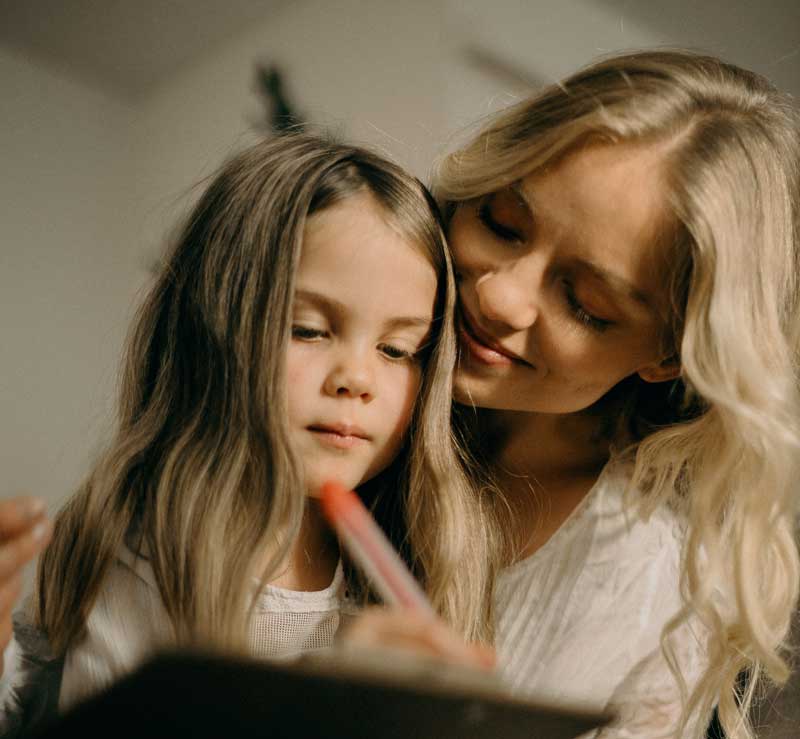Anxiety in children has been in the news a lot lately, so we thought we would share some thoughts on what can prevent anxiety in childhood. Having solid self-esteem is a subtle but powerful factor that can give children a buffer against fear and anxiety. Many qualities contribute to self-esteem and an unlikely one to be chosen is the experience of quietness. You might well ask: How does being quiet contribute to a good self-esteem and the ability to relax?
Our experience is that if children can learn to still their minds, they can access an inner world of thoughts and feelings that are uniquely theirs. In that inner world lies a great deal of creativity and resourcefulness. When children connect with those deeper positive feelings, they feel more at home with themselves, they can accept themselves and they will be more peaceful and relaxed. So this is a very worthwhile ability or skill to encourage in our children.
In the distracted world we all live in, and a lifestyle crammed so full of activities, it can be hard for us and our children to find times for being quiet. We recommend that right from the start with babies, you build a quiet time into their day with no screens, little conversation…..just playing or reading. These times are also very restful for us – a constantly noisy environment is very tiring.
Time spent on technology devices may keep children physically still, but contributes nothing to mental quietness, self-esteem or helping children face their fears. In recent research, 68 teenagers volunteered to go for 8 hours without using their electronic devices. Despite the fact that only three could last the distance, every person reported experiencing anxiety when they were without their devices!!
On the other hand, time spent in nature, in the bush particularly, is very nourishing to our senses and nervous system. There we can experience a great deal of quietness, percolated only by natural sounds of birds, water flowing and the crackling of leaves. In the bush there is a depth of stillness that is hard to find indoors… so make it a family practice to go bushwalking or camping – you will usually find the children are very settled when you return from a day out or holiday spent in natural surroundings.
As children progress in age, or if they experience anxiety, they can be shown specific mental and physical relaxation techniques whereby they can gain far more control over their minds and learn to filter out negative thoughts. We have given a lot of techniques for this in our new book Helping Children to Relax.


